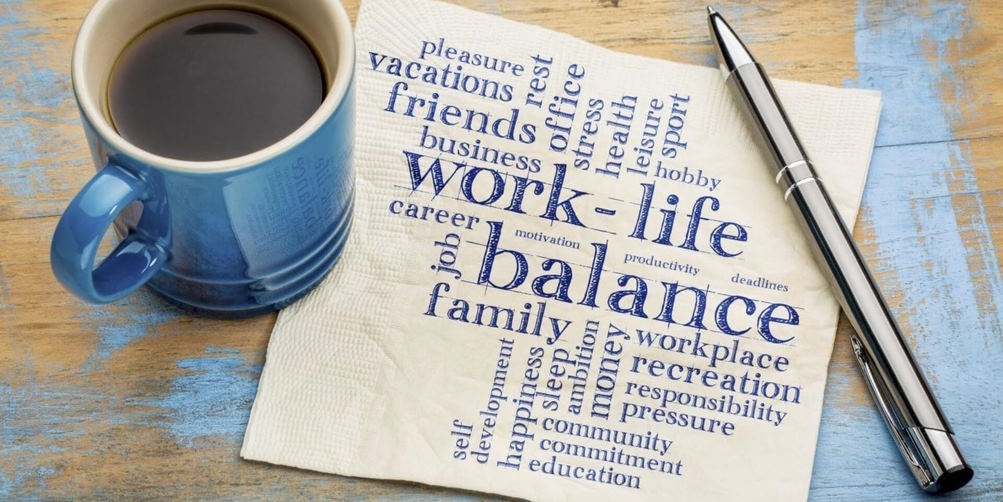For a lot of people, work has become an essential part of their lives. With the rise of technology and the increasing pressure to meet demanding deadlines and achieve career success, the border between work and personal life has become blurred. It has resulted in many workers struggling to balance their work duties with their personal life.
Why is it important for employees?
Let’s begin by saying that this balance is essential because it has a significant impact on their overall well-being and quality of life. For example, a healthy work-life balance can help employees to manage stress levels, maintain good physical and mental health, and improve their job satisfaction. It also allows them to participate in activities outside of work that bring them joy and fulfillment, such as spending time with family and friends, pursuing hobbies and interests, or engaging in community service.
On the other hand, poor balance can lead to burnout, a state of physical, emotional, and mental exhaustion caused by prolonged and excessive stress. Burnout can cause a range of negative consequences for employees, including decreased productivity, decreased job satisfaction, and even physical health problems like high blood pressure and heart disease.

Does the absence of work-life balance influence the relationship between employees?
When people are overworked and stressed, they may become irritable, moody, and less patient with their colleagues. It can lead to conflicts and strained relationships within the workplace.
In addition, when employees spend little time outside of work, they may struggle to maintain their personal relationships with family and friends, which can cause the feeling of isolation. It can affect their mental health as well as well-being that can then impact their interactions with colleagues and the overall workplace culture.
Therefore, promoting this balance is not only essential for individual employees’ well-being but also for fostering positive relationships and a healthy workplace culture.
In what way can you provide work-life balance?
Here are several ways that employers can provide this balance for their employees:
Flexible work schedules
One of the most efficient ways to promote work-life balance is to offer flexible work schedules. It can include options such as telecommuting, compressed workweeks, and flexible start and end times.
However, it’s essential to have clear guidelines and expectations for flexible work arrangements, such as availability, communication, and performance expectations. In addition, employers must ensure that flexible schedules do not adversely affect business or other employees’ work.

Paid time off
Paid time off is an essential aspect of achieving this balance. In this way employees can take a short break from work and recharge their batteries. It can include vacation time, sick leave, and personal days, which people can use to focus on their personal lives, spend time with relatives and friends, or pursue their hobbies and interests.
Providing paid time off is an efficient way to demonstrate that their employer values workers’ well-being and recognizes the importance of balance.
Wellness programs
Employers can offer wellness programs such as yoga classes, gym memberships, or mindfulness training to help workers manage stress and improve their overall health.
Assistance programs
Providing access to counseling services, financial planning, and other support resources can help employees solve personal issues affecting their work productivity and overall well-being.
Support for family responsibilities
Providing support for employees with family responsibilities, such as a child or elder care, can help to reduce stress and enable them to better manage their work and personal commitments.

